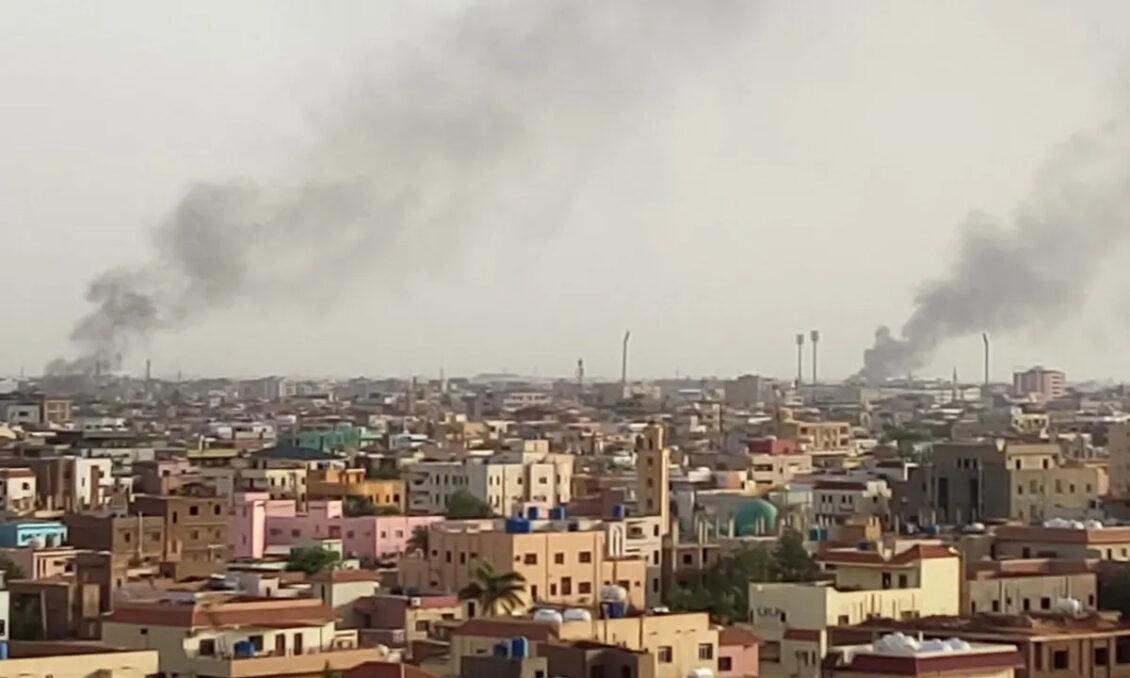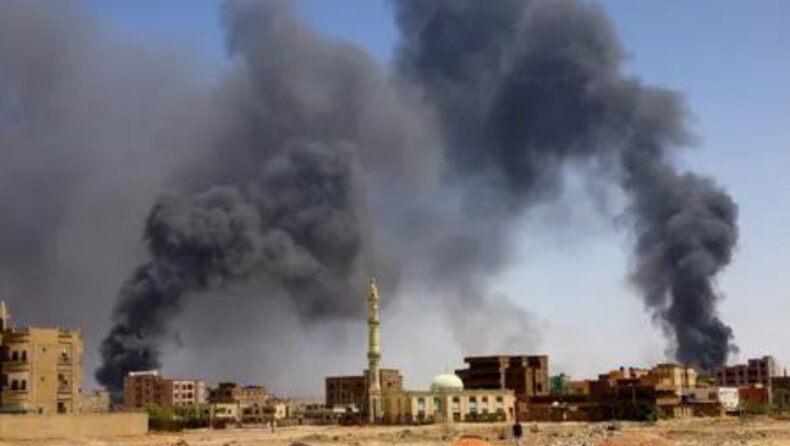
Residents of Sudan’s capital Khartoum reported increased fighting after a ceasefire agreement ran out, while activists said that a recent escalation of violence in North Darfur state claimed at least 40 lives. A ceasefire was entered between the Rapid Support Forces (RSF) and Sudan’s army on 22nd May which lasted till Saturday.
The interim cease-fire, which was mediated by Saudi Arabia and the United States, helped to moderate the fighting and provide some humanitarian aid, but it was constantly broken, as had previous cease-fires. On Friday, efforts to prolong it were abandoned.
Mass Migration due to power tussle
More than 1.2 million people have been displaced within Sudan as a result of the murderous power struggle that broke out on April 15; an additional 400,000 people have been compelled to migrate into neighbouring nations. Bahri to the north across the blue Nile, central and southern Khartoum are the other places where violence was reported.
More than 1.2 million people have been displaced within Sudan as a result of the murderous power struggle that broke out on April 15; an additional 400,000 people have been compelled to migrate into neighbouring nations. Sara Hassan, a local, stated over the phone, “We are living in fear of violent bombardment, the sound of anti-aircraft guns, and power cuts.” We truly are in hell.
According to the Darfur Bar Association, which monitors rights in the area, at least 40 people were killed and dozens more were injured, including residents of the Kassab camp, which housed people displaced by prior conflict.
The army refuted allegations that the RSF had seized control of Kutum. RSF has its power base in Dafur as it arose from there. According to the Sudanese Antiquities officials, RSF fighters had left the national museum in the heart of Khartoum. The RSF published a video on Saturday claiming they had harmed the collection of priceless treasures and ancient mummies kept on the museum’s premises.
Excessive destruction has been caused because of the fights in the capital. There has been a breakdown of the power, health and water infrastructure. The first rains of the year have recently started to fall, signalling the beginning of the rainy season, which lasts until about October and brings flooding and an increased danger of water-borne infections.
The rains could make the relief effort more difficult, which is already plagued by logistical problems and bureaucratic delays. Aid workers have issued warnings due to the accumulation of trash and the leaving of dead bodies in the streets.
Even while negotiations to extend the truce were put on hold last week, Saudi Arabia and the US stated they were still in daily contact with representatives from the army and the RSF.













